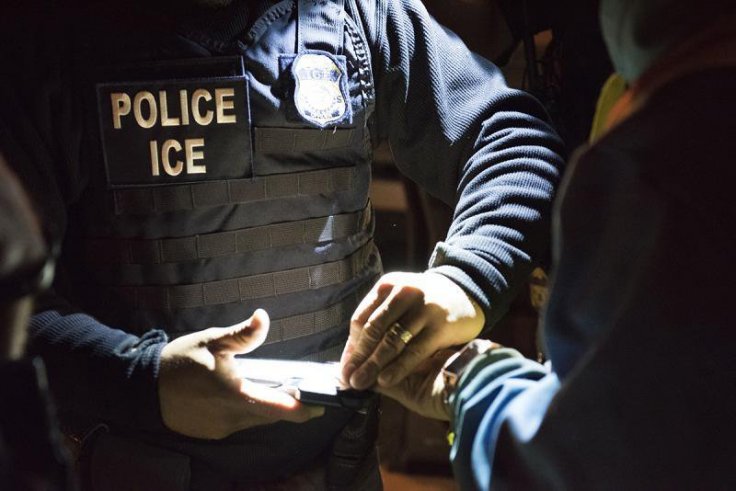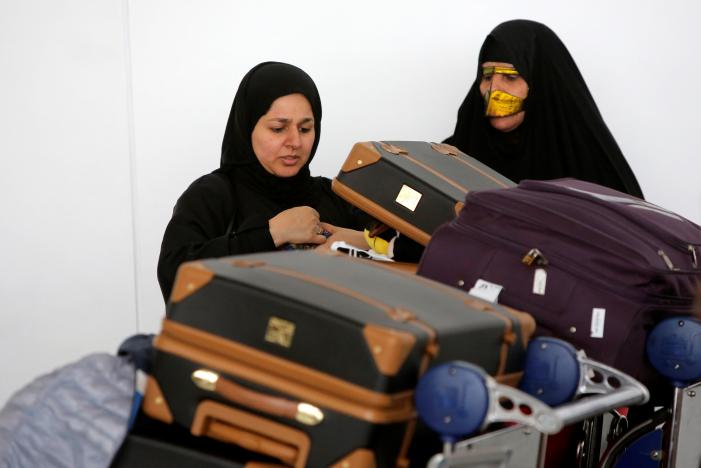
The Boston Federal court on Tuesday made a landmark ruling against warrantless searches of laptops and phones of international travellers by stating that the practise violates the Fourth Amendment to the United States constitution.
The ruling came after a lawsuit was filed by the American Civil Liberties Union (ACLU) and the Electronic Frontier Foundation on behalf of 11 travellers whose electronic devices were searched without authorised suspicion by border security officials, as per the Associated Press.
The ruling will ensure that the Fourth Amendment, which prohibits unreasonable searches and seizures of personal property, will protect international travellers during their entry into the US, ACLU attorney, Esha Bhandari was quoted as saying. The new ruling will require officials to have warrant detailing the suspected contraband before the traveller's devices are searched.
While civil rights group have called such suspicious-less searches as "fishing expeditions" by border security, the US government had argued that the searches were important in protecting US interests against adversaries.
After the lawsuit was filed in 2017 the Department of Homeland Security officials had defended itself against the claims by saying that all US citizens are subjected to examination and search by the customs department unless cases of exemptions owing to diplomatic status.
Searches conducted have fast-tracked investigation on cases ranging from human trafficking, child pornography, visa frauds and has helped to gather intelligence on suspected criminal cases.
The lawsuit stated that the warrantless searches have increased over the past three years with almost 33,000 searches conducted by government security officials. The numbers were almost four times more than the number of unauthorised searches three years ago.

It also alleged that the searches of electronic devices by US Customs and Border Protection and US Immigration and Customs Enforcement are conducted not only upon the suspected individual but also the friends, relatives and associates of the targeted person.
Jessie Rossman, a staff attorney at ACLU's Massachusetts department said two plaintiff's of the lawsuit, Ghassan and Nadia Alasaad were stopped while coming back from Canada despite being US citizens, living in Massachusetts. Rossman said Nadia felt uncomfortable when officials asked her to hand over passwords in the search that is suggested to have been conducted due to her Islamic believes as she wore a hijab.
The incident was cited as peculiar as Nadia had asked for a female officer to review her devices images as it contained images of her daughters without wearing headscarves. While officers said that it would take a couple of hours to review, the devices were only returned after 15 days.
The recent US court's ruling comes years after President Donald Trump's administration imposed the contentious "travel ban" in 2017. Citizen's from Muslim-majority countries- Iran, Syria, Libya, Yemen, and Somalia, as well as North Korea and Venezuela, were banned from entering the US due to the policy which was criticised to be largely "Muslim ban".
According to US Department of State's Bureau of Consular Affairs data, the number of immigrant visas issued to Muslim countries had decreased significantly due to the ban while the number of visas issued to non-muslim countries remained unchanged.









